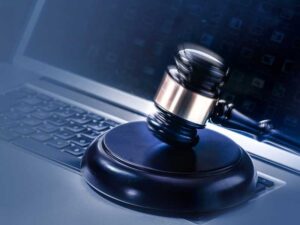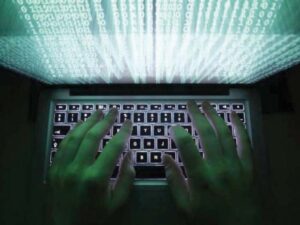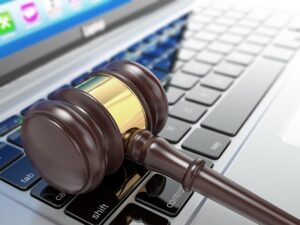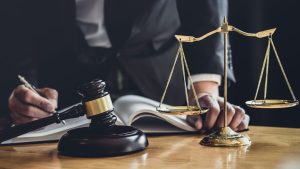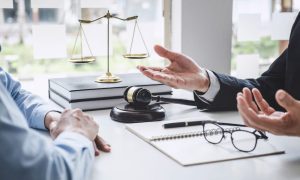
Cyber law in education is an issue that’s ripe for scholarly research and analysis. The need for this subject grows tremendously while using the meteoric increase in social media along with other online forums that are like a primary method of getting interaction among school aged students. One outcomes of these “virtual” relationships could be a blurring within the lines of jurisdiction for disciplinary responsibility. When perform student’s actions fall outdoors within the authority from the school? Once the student uses school equipment on school grounds situation study is extremely apparent, but situation law has produced a continuum that defies any objective idea of where that jurisdiction ends. Similarly, when will a teacher or administrator’s actions leave the authority in the employer and be compensated by their to privacy? The issue of jurisdiction needs to be addressed before significant processes may be transported to combat the injuries that online actions might have across the school system.
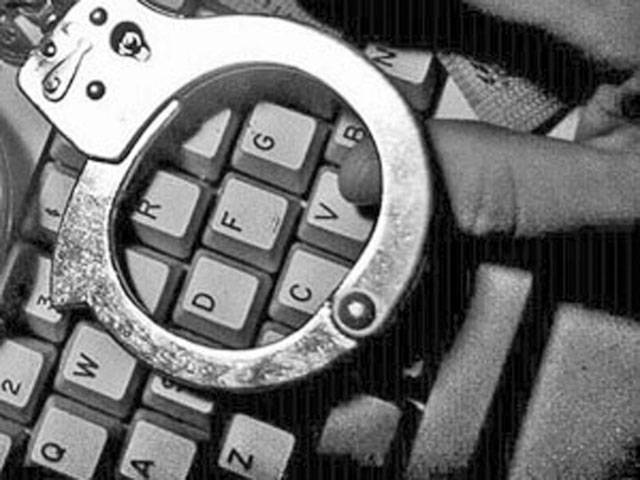
The harms which are caused due to students through cyber actions include marring the status of teachers and managers, harassing other students and threatening the safety of testing along with other educational information. Similarly, educators frequently do harm through their unique cyber actions by using online forums in a inappropriate manner for that hindrance in the school or district. These actions may compromise the security and morals in the students and personalize the integrity within the educational system itself. Yet any restriction on these actions runs the chance of violating constitutional legal legal legal rights of freedom of expression and privacy. Pointless to condition, there’s a careful and ever-evolving balancing process that should be maintained in this region of law. Along with the decisions inside our courts and enactments inside our legislatures needs to be monitored and influenced by educators and education law experts.
The bullying laws and regulations and rules and rules which are arising in local legislatures produce an excellent demonstration of the problems in danger in this particular subject. Prone to essential responsibility for governments to protect children by using this new type of harassment. Concurrently, however, in addition for that inevitable first amendment challenges, educators require a voice in regards to the practical limits on building level school personnel in applying these new laws and regulations and rules and rules. These issues provide an amazing intersection of legalities that are only relevant and topical within the decades afterwards.

